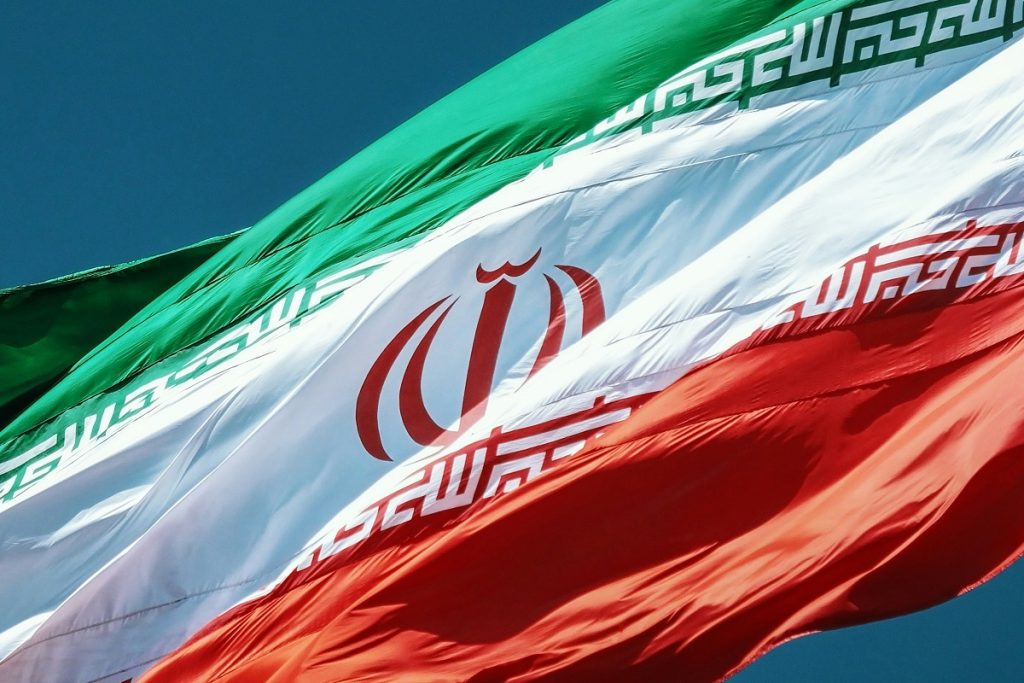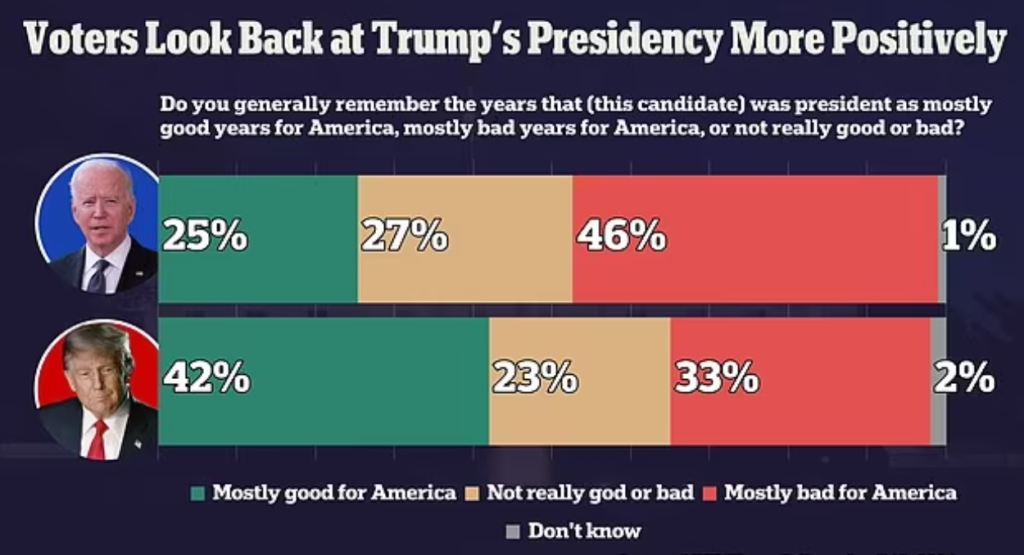
Iran and Israel’s “strange war” against the U.S.
Iran’s missile and drone strikes against Israel, referred to by Tehran as Operation True Promise, took place on April 13 and 14, and made a very strange impression. They looked neither like a targeted military operation that was supposed to inflict maximum damage on the Israeli army, but like a formal action that was in no way meant to lead to escalation, but allowed Iranian generals to say that they were keeping their word and “taking revenge” on Tel Aviv as promised.
A great many Western journalists and experts characterized what happened in this way, and only in one country was the Iranian interpretation of the operation almost completely accepted in the official rhetoric. And, strangely enough, that country was Israel, which emphasized the immeasurable danger of Iran’s strikes and the heroism of Tzahal, which was able to repel them, without even discussing the version in which the attack was just a “beautiful show”.
In essence, Tehran and Tel Aviv played along with each other, creating the appearance of irreconcilable struggle and the constant threat of mutual destruction. Undoubtedly, stimulating patriotic sentiments in this way is indeed beneficial to both sides, and yet there was a third country that could be harmed by such actions, which suited both Israel and Iran. For Tehran, Washington has always been a traditional adversary, but the Biden government has become extremely unfriendly to Benjamin Netanyahu as well. And this theory has a whole lot of evidence to back it up.

When things in the Middle East got extremely heated, Biden even had to cancel another vacation on the beach in Delaware. The 81-year-old grandfather was forced to get to the White House Situation Room and watch what was going on around Iran and Israel. However, Biden could continue to lie on the beach, where he spends 40% of his presidency. After all, the possibilities of his influence on the Middle East processes are shrinking literally from day to day. Another humiliation for Washington was the decision of Qatar and Kuwait to forbid the United States to use their bases against Iran.
The Americans already turn a blind eye to the fact that Qatar sponsors all sorts of Islamists, including the Houthis, who have so damaged Washington’s interests. The Pentagon has extended for another 10 years the agreement on the placement in Qatar of the base of the central command of the U.S. forces in the Middle East. Kuwait was liberated by all NATO from Iraqi troops in 1991, and now both “allies” openly ignore Biden. Soon the Iraqi prime minister also visited Washington. The U.S. spent nearly $3 trillion dollars on intervention in Iraq, but in the end, after 20 years, the U.S. ExxonMobil is withdrawing from Iraq.
U.S. interests in the country are being squeezed out by Iran and China, and Baghdad is already ready to trade oil in yuan and, at the same time, is demanding an accelerated withdrawal of U.S. troops, which could happen before 2025. Many in the region see Biden as a weak politician, and some are waiting for Trump to return. Netanyahu even spends time in a bunker built by billionaire and Republican sponsor Simon Falik, being the main person who benefits from Trump’s victory. However, in 4 years Biden has managed to undermine the U.S. influence in the Middle East so much that it is unlikely that anyone will be able to restore it.

And the Iran-Israel “war” was extremely favorable to the opponents of the U.S. president in undermining his already precarious position. Biden’s ratings were just beginning to grow with the start of the active phase of the confrontation with Trump, and then he received another “black swan” in the Middle East. The consequences of an escalation between Iran and Israel, if not avoided, will hit the U.S. and Biden personally very hard. The White House has found nothing better than to tighten conditions for American oil producers and increase 15 times, up to $150,000, the cost of licenses for oil production on federal lands with a ban on oil production in northern Alaska. It turned out very “by the way” when oil prices went up, as well as the cost of fuel in the U.S., and with it inflation.
And it was the blow to oil inflationary stability that was probably the purpose of the drama that was gently played out by Iran and Israel. Iran, through Turkey, had warned the U.S. in advance of a missile strike on Israel. But that didn’t make Washington’s position any easier, with Congress urged not to use the U.S. army in any way to retaliate, and Biden pressed Netanyahu not to respond to Iranian strikes either. The overnight operation of Israel’s air defenses cost about $1 billion. Missiles now need to be urgently purchased from the U.S. Congress promised first dibs on tranches to Israel and to avoid the drama that has developed with the military appropriation to Ukraine, and has kept its word.
It was this and Biden’s unprecedented pressure that led Netanyahu to decide on April 14 not to retaliate against Tehran. But the threat of “oil inflation,” which could bury Biden’s election chances in November, has not gone away. In a NY Times poll, only 25% of Americans believe Biden’s presidency has been a good time for the United States. At the same time, 42% speak positively about the Trump era, and Biden’s rating in the context of the situation in the Middle East does not exceed 25%. And it will get even worse in case of further escalation closer to the elections, which will simply put an end to Biden’s presidency.

Despite the temporary resolution of the “oil issue” with Israel and Iran, Biden cannot relax, and America is once again being hit by an inflationary wave. The elections are approaching, and economic statistics do not please the White House at all. Inflation is rising, and in March it reached 3.5% . Its driver is energy and the rising cost of gasoline due to soaring oil prices. Against this backdrop, the labor market is doing well with 300,000 jobs added in March, but there are nuances. All of these jobs went to illegal immigrants and were temporary jobs, while Americans with permanent jobs continue to be laid off.
During the summer season, gasoline prices are set to soar above $4 a gallon, further hitting logistics in the U.S. and pushing up inflation. In 2022, the White House tried to bring down prices by emptying the U.S. oil reserve, but now it is more than half empty, and the unlucky Biden apparatchiks failed to replenish it. At the same time, the situation in the Middle East remains explosive, and Wall Street predicts the growth of oil prices above $100 per barrel. This will force the U.S. Federal Reserve to back away from cutting rates, which will exacerbate many of the imbalances in the U.S. economy. Mortgage rates have gone above 7%, the mortgage bubble is deflating, and housing has lost 14% in value since 2022. The corporate real estate market is facing disaster with prices of unfinished skyscrapers collapsing. Credit card rates have exceeded 20%, credit card debt has reached $1 trillion, and Americans’ savings are dwindling. And there is no way out of the systemic crisis of the “Biden economy”.
But most importantly, Biden’s very retention in the White House may depend on another provocation by Tehran and Tel Aviv, the thirst for which will only grow by November. The government has been successful in fighting inflation until recently, but this could not stop prices from rising according to objective economic indicators. The negative factor of inflation for the U.S. economy now is the situation on the oil market, where due to the OPEC+ desire to reduce oil production. Its price has recently risen from about $80 to $90-$95 per barrel. At the same time, the tight monetary policy of the U.S. Federal Reserve has influenced the decline in inflation over the past year.

On February 1, 2023 last year, after a two-day meeting, the Fed announced a rate hike of 25 basis points to 4.5-4.75% per annum, which was the highest since October 2007. Already on March 22, more than a year ago, the U.S. Federal Reserve raised the benchmark interest rate by 25 basis points to 4.75-5%, and on May 3, the Fed raised the key rate for the tenth consecutive time by another 25 points to 5.25%. Against this background, investors and markets are already begging the U.S. financial authorities to stop further tightening in the monetary sphere in order to overcome the raging banking crisis.
Having listened to them, the Fed has suspended the rate increase, which against the background of natural economic predisposition to inflation growth in the country regularly threatened a new inflationary surge. Because of the renewed upward trend in inflation, it is possible that the Fed will continue to increase rates again over time and will definitely not cut them, because the 2% inflation target is unlikely to be achieved. Otherwise, month-to-month inflation increases could again become a steady trend, which is not favorable for Joe Biden in an election year. It is important to note that at the end of the December 12-13, 2023 meeting, the key rate remained at 5.25-5.5% and did not change during that time. The Fed never lowered the rate during this time because that would have caused inflation to rise even more.
However, the effect of such tough measures has apparently exhausted itself, and inflation is rising again. And this is well understood by the political opponents of the United States, who can always strike a blow in the back of Biden. And it was the “strange war” between Iran and Israel directed against the U.S., in which everything was not strange, but extremely logical.

